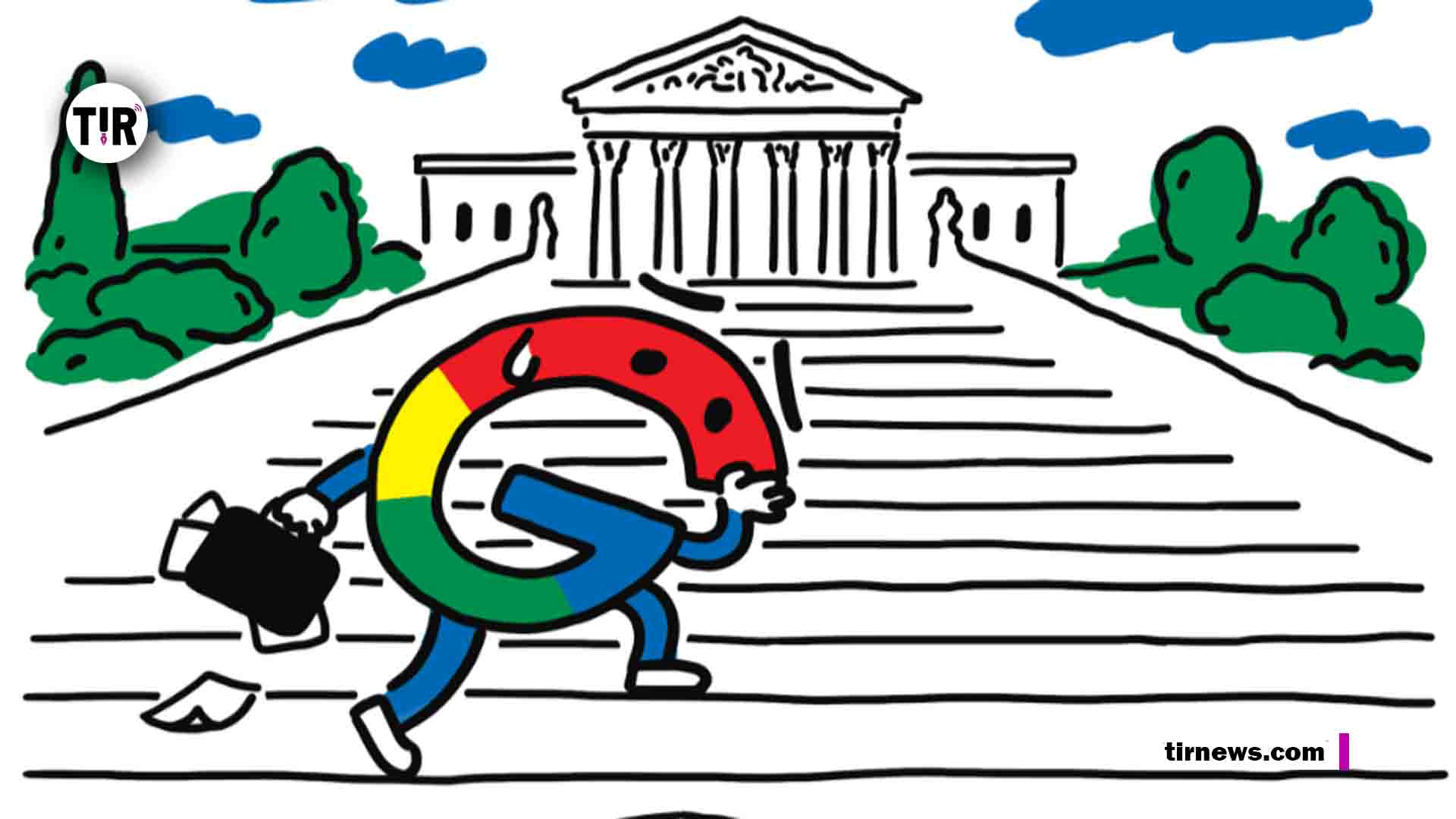April 19, 2025 — Washington, D.C.: In a significant legal development, tech giant Google has lost a landmark antitrust case in the United States concerning its dominance in the digital advertising market. This verdict arrives as Meta Platforms Inc., formerly Facebook, confronts its own antitrust challenges, potentially reshaping the operational landscape for major technology firms.
Google Found to Hold Illegal Monopolies in Ad Tech
A U.S. District Court ruled that Google unlawfully maintained monopolies in the online advertising technology sector. The Department of Justice (DOJ) alleged that Google engaged in anticompetitive practices to monopolize the digital advertising market, which facilitates the buying and selling of online ads. The court found that Google had “willfully engaged in a series of anticompetitive acts” leading to its dominant position in the open-web display publisher ad server market. The DOJ is expected to propose remedies, potentially including the divestiture of parts of Google’s ad tech business.
Meta’s Antitrust Trial Centers on Instagram and WhatsApp Acquisitions
Simultaneously, Meta is embroiled in an antitrust lawsuit filed by the Federal Trade Commission (FTC), accusing the company of maintaining a monopoly in the “personal social networking services” market through its acquisitions of Instagram in 2012 and WhatsApp in 2014. The FTC argues that these acquisitions were strategic moves to eliminate potential competition, citing internal communications where CEO Mark Zuckerberg stated, “It is better to buy than compete.” The commission seeks to compel Meta to divest both platforms.
Broader Implications for Big Tech
These legal actions against Google and Meta signify a broader regulatory push to scrutinize and potentially curb the market power of major technology companies. Amazon and Apple are also reportedly facing significant antitrust challenges in the U.S., indicating a comprehensive examination of competitive practices across the tech industry.
The outcomes of these cases could lead to substantial changes in how these companies operate, affecting not only their business models but also the digital experiences of millions of users worldwide.



